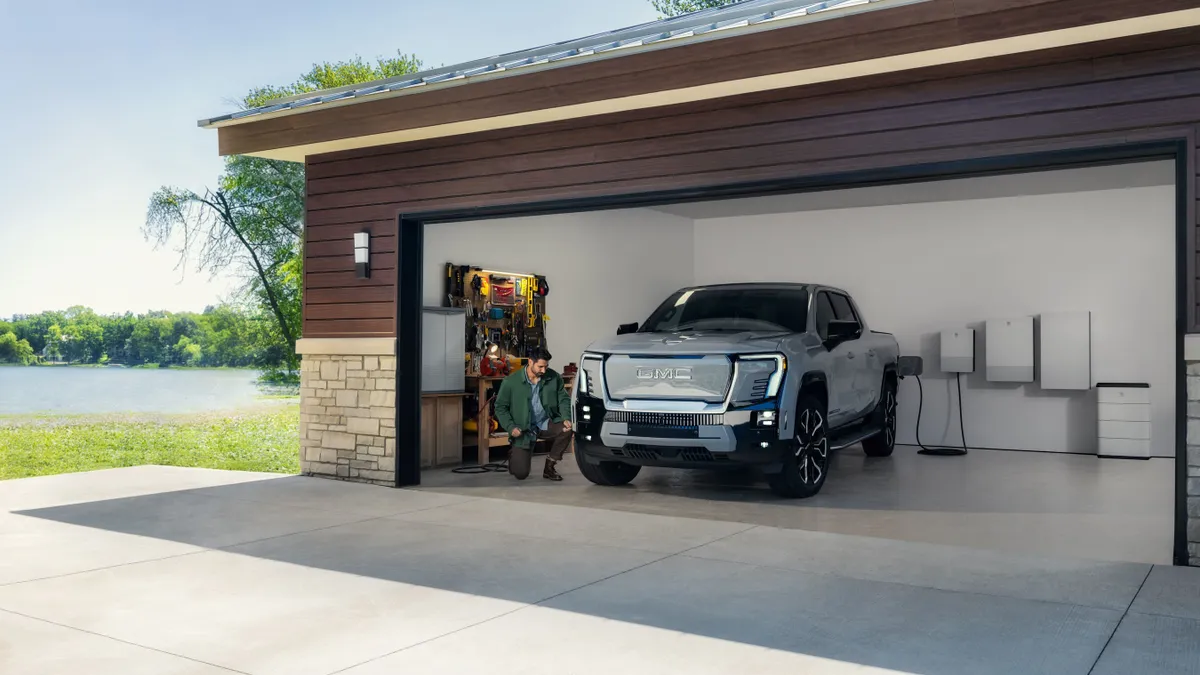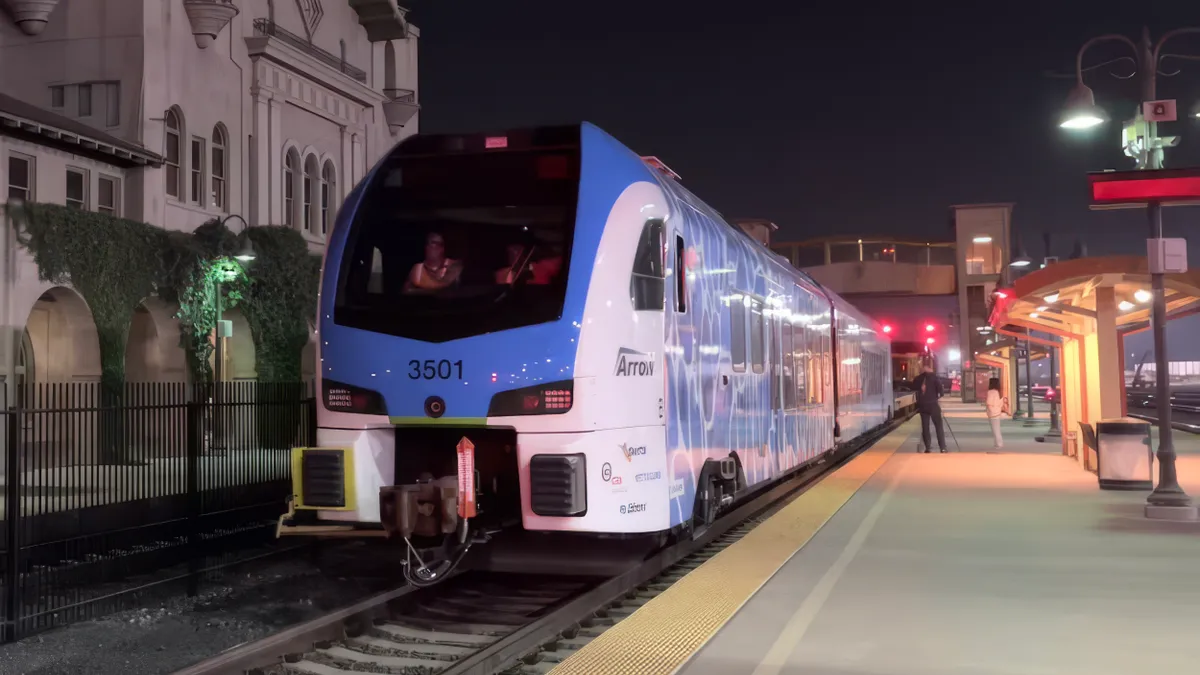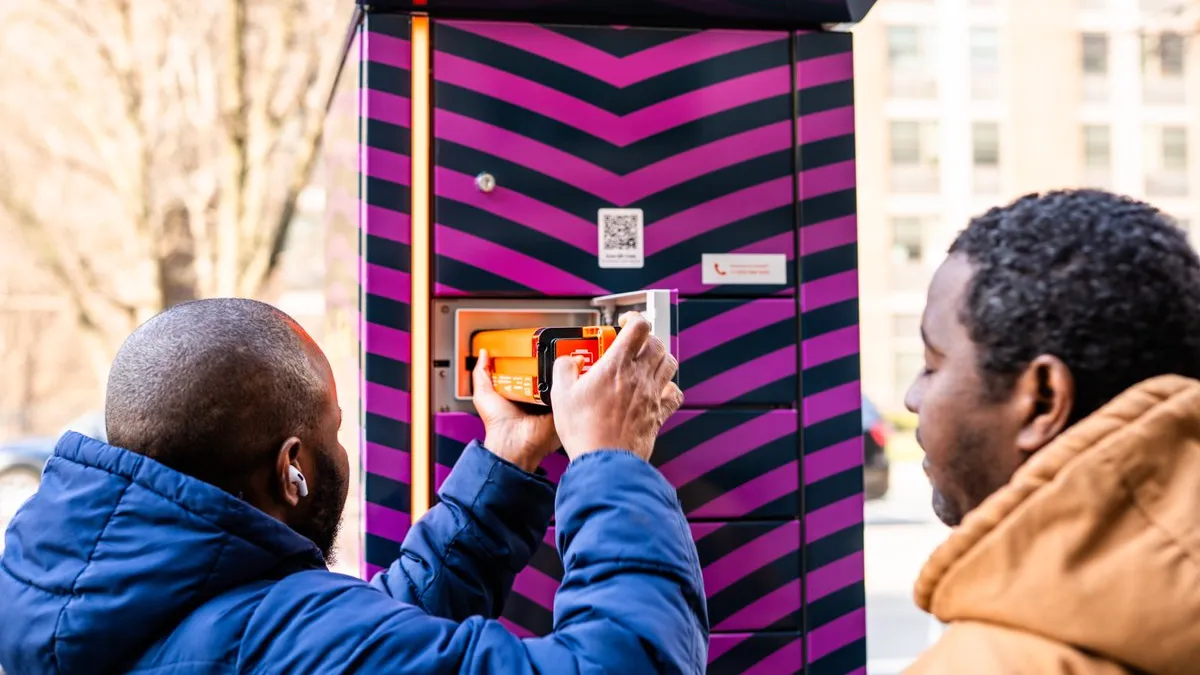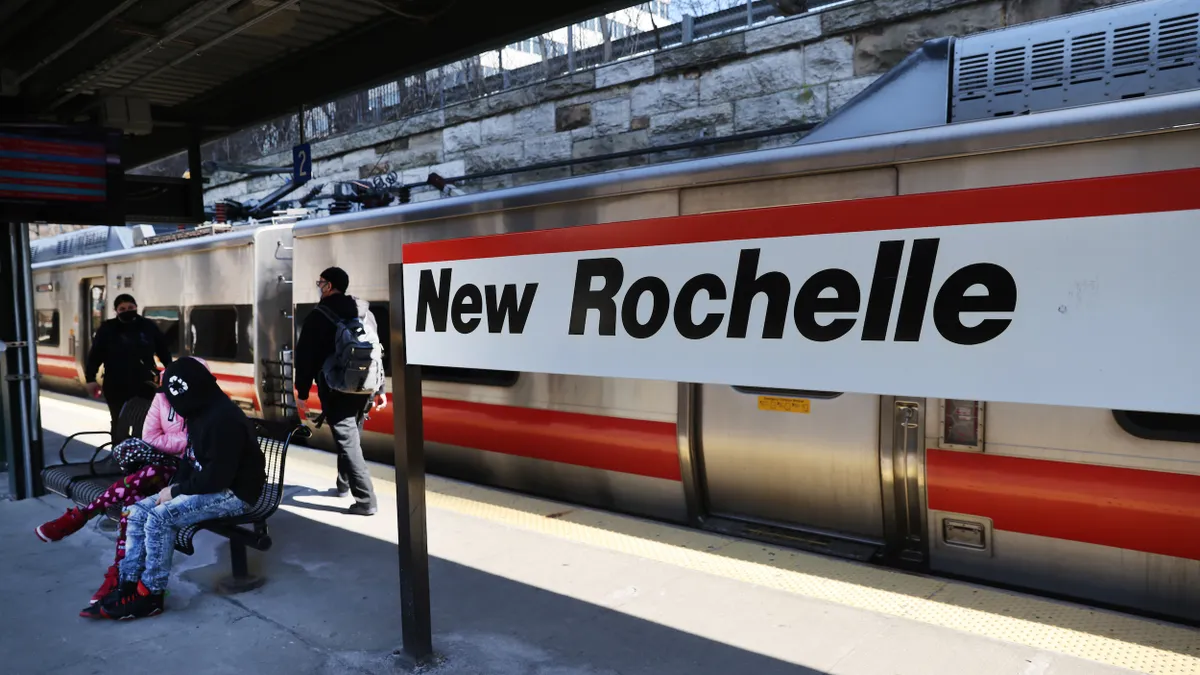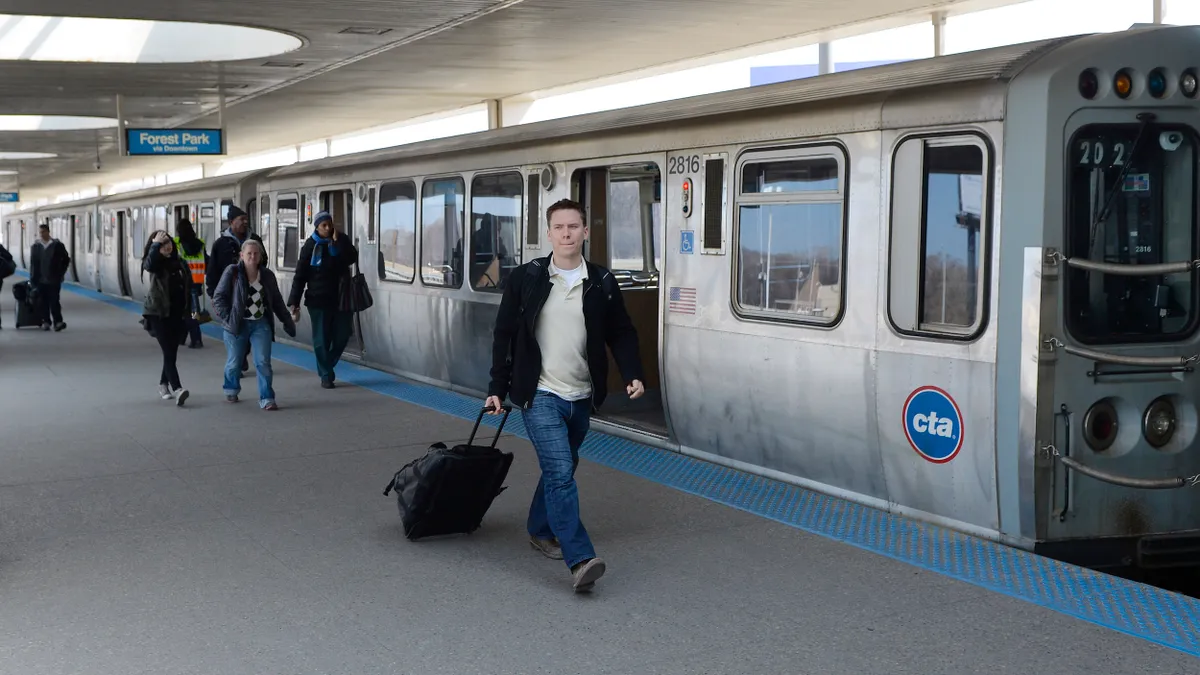It's becoming a familiar story in cities: riders of dockless bikes or scooters collide with pedestrians, potholes or vehicles, often resulting in serious injuries, destroyed vehicles and even death.
These risks lead to safety concerns for city leaders and riders, and also bring into focus the need for scooter companies to have adequate insurance to deal with liabilities.
But insurance in this area is relatively young, with few companies offering policies and sky-high premiums forcing some dockless operators to rethink rollout strategies. And with the advent of autonomous vehicles (AVs) also throwing new uncertainty into the mix, questions of liability and insurance needs will continue to swirl for many years as the technology evolves.
High premiums and no precedent
Scooter companies are required to have insurance under the terms of city permits that allow them to operate, but the liability levels can vary by jurisdiction. In Los Angeles, for example, Lime protects each ride with $1 million in liability insurance. Los Angeles County was the first to include insurance requirements in its operating permit application, and is regarded by some as "setting the standard" on scooter insurance.
But the newness of the dockless mobility industry leaves open questions of who is at fault in an accident, especially as police sometimes don't know what to do.
In its required rider terms and agreements, Bird notes that an individual’s auto insurance "may not provide coverage for accidents involving or damage to this vehicle," and recommends riders check with their personal provider. Similarly, Lime's user terms say riders agree that "Lime and all other released persons are not responsible or liable for any claim."
But when it comes to insurance policies specific to dockless scooter companies and the use of their vehicles, the options available are limited. AAA and the major auto insurers — Progressive, Geico and Liberty Mutual — do not offer policies specific to dockless mobility, and neither do major health insurers like Cigna, Aetna and UnitedHealthcare.
"Very few insurance carriers are willing to consider dockless bikes and scooter risks due to the misunderstanding of the perceived risks."

Simon White
Claims director, Apollo Underwriting
It is instead left to other insurers to fill in the gaps. Right now the leading player in the space is Apollo Underwriting, a privately-owned underwriting firm that offers coverage via the Lloyd's of London insurance market.
In an email to Smart Cities Dive, Apollo's claims director Simon White said dockless falls into the company’s insuring business of tomorrow, today (ibott) venture, which looks to assist new sharing economy and future mobility models.
White said micromobility is an "underserved risk," as "[very] few insurance carriers are willing to consider dockless bikes and scooter risks due to the misunderstanding of the perceived risks." Those risks include the uncertainty around who is at fault for accidents in a still-evolving industry.
The dearth of insurance underwriters in the dockless space forces scooter companies to pay high premiums for their policies, especially as insurers are reluctant to cover companies with a loss history of less than three years. That lack of precedent will change as the space matures, but as of right now it means prices are prohibitively high.
Also contributing to high premiums are the frequent claims activities dockless operators have faced from the likes of disability advocacy groups, riders and cities.
In this still-evolving space, some firms have stepped up to help. Brokerage firm Founder Shield, which focuses on venture-backed and disruptive sectors, has a micromobility practice where it advocates for companies and helps them get an insurance policy to operate legally.
Founder Shield's vice president of customer success Isaac Bock told Smart Cities Dive that companies typically need to fulfill a variety of insurance requirements: general liability insurance; hired and non-owned auto insurance; umbrella insurance; and a performance bond, with the city named as an additional insured party. By conforming with the most stringent requirements, which are found in LA County, it helps ease entry elsewhere, he said.
Bock also said Founder Shield has conversations regarding premiums early with providers to set reasonable expectations, however having to pay a minimum of $250,000 in premiums can prevent some from putting their vehicles on the streets.
"That's a large sum of money for a startup business, who is looking to launch as little as 50 scooters, to pay up front without proof of concept that they'll be able to expand and make money," Bock said. "It's hard to have those conversations with a business owner and say, 'Hey, before you can even get started you have to spend $250,000.'"
Bock said the sheer price of premiums could price smaller operators out of the marketplace or prevent them from expanding to more than a small handful of cities. That could create an environment for more mergers and acquisitions between companies, a trend already underway with Bird’s acquisition of Scoot earlier this year.
The human impact
Safety issues around dockless scooters were brought into sharp focus in May when the Centers for Disease Control and Prevention (CDC) and Austin Public Health (APH), with support from the Austin Transportation Department, released results of an epidemiological study in Austin, TX.
That three-month study found that nearly half of scooter users who were injured sustained a head injury, with any injury occurring in about 20 out of every 10,000 trips, a 0.02% crash rate. The report said those injuries "may have been preventable," but Austin transportation director Robert Spillar emphasized at a press conference that it is still early days for the industry.
Such research, combined with deaths in cities including Atlanta, Dallas and Washington, DC, has led some in the insurance business to issue warnings to riders. The National Association of Insurance Commissioners (NAIC) issued a consumer alert saying people "should rely on your health insurance for any medical injury you sustain."
"Like any new trend, these issues may not be specifically addressed in your policy, and coverage will depend on the carrier and the specific language in your policy," the NAIC alert continued. An NAIC spokesperson declined to comment further.
A similar study from UCLA found that only 4% of injured riders were wearing a helmet, after examining data from two Los Angeles-area emergency rooms from September 2017 to September 2018 and finding 249 patients with e-scooter injuries.
While it can be difficult to quantify the costs of those injuries, some work is already being done. Data from the Texas nonprofit healthcare system Baylor Scott & White released in April found that scooter injuries have generated $1.4 million in hospital costs in Dallas alone.
The company found that 43% of injured riders had facial injuries and 35% had brain injuries, and that 33% of the injured riders had used alcohol. It leaves a lot for insurers to contend with.
"We look to develop, in partnership, a comprehensive risk strategy that covers all aspects of the product required including risk avoidance, risk retention and risk transfer in partnership and each solution tends to be specifically tailored to each customer," White said.
Very few companies have tried to step into the void and offer further coverage, but startup Voom does with three options for accident insurance designed to augment an individual's health insurance.
Voom launched earlier this year with on-demand insurance, which it said dovetails with the growth of on-demand mobility and can help those in crashes get the coverage they need.
"With the rise of on-demand mobility services such as e-scooters, we discovered that in most cases, riders are not covered in case of an accident," Tomer Kashi, Voom CEO and co-founder said in a statement. "And much more importantly, they are not aware of this fact."
The future of insurance
It is not just dockless bikes and scooters that are forcing a rethink of insurance's relationship with mobility. The growth of the use of autonomous vehicles (AVs), not only for personal use but also for ride-hailing and deliveries, could also present challenges to the insurance industry.
With more AVs on the streets, it could mean fewer insurance claims, as in theory all AVs will be connected to each other and their infrastructure and able to avoid accidents. But Donald Light, director of North America Property/Casualty Insurance Practice at financial services firm Celent, said that is still in the distant future.
"In my view, and it's the view of a lot of industry observers now, fully autonomous vehicles are going to hit the streets in significant numbers at a later date than people were thinking until fairly recently," Light told Smart Cities Dive. "While it's still out there and still is going to have a huge impact when you or I or anybody can walk into a dealer and be driven away by our AVs, that day is receding somewhat into the distance."
Others acknowledge the shift to full autonomy could be some way off. In the company's Q2 2019 earnings call, Lyft CEO Logan Green said that while AV development is a key part of the future of mobility, it's a "very long game" to move toward its widespread use.
With that in mind, Light noted a continued shift toward more autonomous features such as lane assist, blind spot monitoring and other systems. There will also be a shift into more telematics and sensors that monitor how a car is being driven, which Light said will allow insurance companies to better determine premiums, instead of analyzing an individual’s age, gender, driving history and other factors to assess risk. Those factors only tell part of the story.
"It's hard to have those conversations with a business owner and say, 'Hey, before you can even get started you have to spend $250,000.'"

Isaac Bock
VP of Customer Success, Founder Shield
"What they don't know is if my car is sitting in my garage at 3 a.m. on Sunday morning or is it being careened around the quiet streets of the little town I live in at 75 mph by my maniac teenage son," Light said.
White said that as the mobility landscape evolves, it will be crucial for insurance companies to evolve with it, especially if cities achieve their goals of having people be less reliant on single-occupancy vehicles. For example, Reuters reports that Tesla owners summoning their driverless cars through the app are responsible for any crashes caused, creating another frontier for insurance providers to deal with.
"The support of the financial community, including insurance, is essential as the sector evolves," White said. "By operating in partnership with our customers, we can sit with them at the cutting edge so we can provide the support they need, at the time they need it, and can help growth, rather than hinder it."








